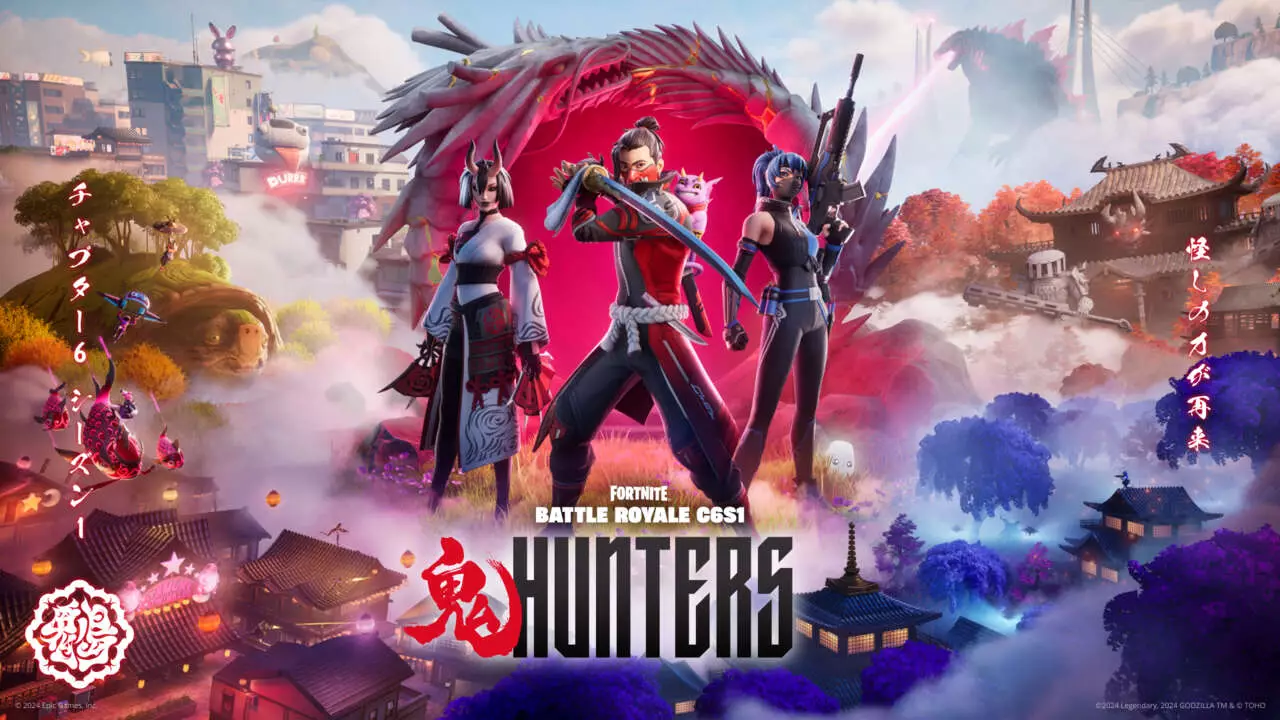Fortnite has profoundly impacted the gaming landscape since its launch, evolving into a multifaceted platform that extends beyond the traditional battle royale genre. While it initially captured players’ attention with its intense PvP gameplay, offering thrilling combat in elaborate arenas, its growth over the past seven years has introduced a variety of experiences that cater to a broader audience. What had once been simply a “battle royale game” has transformed into a vibrant metaverse, replete with numerous modes, community-driven content, and crossovers that keep players engaged in myriad ways. This evolution invites us to reconsider what it truly means for a game to be “like Fortnite.”
Redefining Genres and Player Engagement
The differentiation in player engagement is notable; some gamers gravitate toward the fast-paced, competitive nature of the battle royale, while others relish the creativity found in Fortnite’s various modes, such as Fortnite Festival or the user-generated content in Fortnite Creative. This versatility highlights a critical shift in how gamers categorize their experiences—rather than merely seeking out similar battle royale titles, players are now exploring games that touch on specific elements they enjoyed in Fortnite, whether it’s community collaboration, creative building, or competitive gameplay.
Furthermore, Fortnite’s ability to integrate crossovers—from popular culture to its collaborations with renowned brands—sets it apart from traditional gaming titles. This unique blend fosters a sense of community that transcends simple gameplay mechanics; it encourages players to engage with the game in diverse ways. Thus, when considering “games like Fortnite,” it becomes essential to recognize the spectrum of experiences available within this universe.
Finding Games that Resonate
Given this evolution, recommendations for games that resonate with the various facets of Fortnite can cover a wide array of genres. For example, those who enjoy the creative elements of Fortnite might appreciate titles like Minecraft or Roblox, both of which allow for significant player creativity and community engagement. On the other hand, players who are captivated by Fortnite’s fast-paced teamwork and competitive aspects may find satisfaction in other battle royale games like Apex Legends or Call of Duty: Warzone.
Moreover, the accessibility of many of these alternatives is appealing. A number of them are free-to-play, mirroring Fortnite’s initial attractivity. This model invites new players to dive into these gaming experiences without the barrier of entry that often accompanies paid titles. As the gaming industry continues to diversify, identifying these intersecting aspects can enhance how players discover and enjoy new titles.
As the gaming community evolves, it becomes increasingly important to celebrate the diversity of experiences that games offer. Fortnite has undoubtedly left an indelible mark, but within its expansive universe, there are countless niches waiting to be explored. Embracing the variety of games that share similarities, whether in gameplay mechanics, community engagement, or creative outlets, enriches our understanding of gaming as a whole. So, whether you are a dedicated Fortnite player or someone seeking new adventures, the gaming world is vast and full of opportunities to connect and play.


Leave a Reply